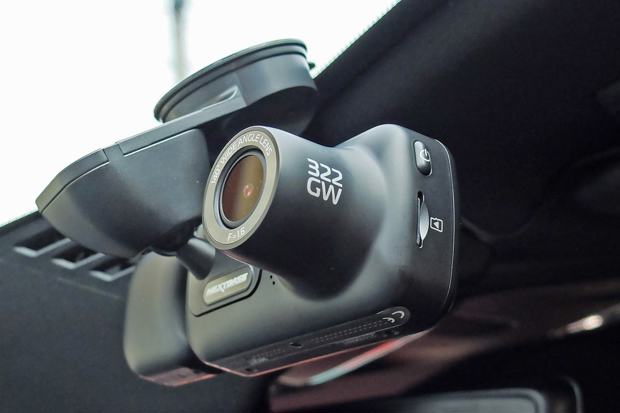Drivers warned not to share dash cam footage online

Motorists have been cautioned about the potential legal consequences of uploading dashcam footage online.
While more road users are collecting evidence of law-breaking incidents through their dashcams, the Crown Prosecution Service has cautioned against uploading footage to social media.
And Road safety experts Road Angel are stressing the importance of considering the implications before sharing footage on social media platforms.
Dash cams have become increasingly prevalent, with one in five vehicles in the UK now equipped with a camera.
The footage captured by dash cams is often utilised by police forces to prosecute various offences on the road. Thousands of road users submit video evidence of dangerous driving directly to the police, aiding in the conviction of offenders.
In response to the growing number of submissions from the public regarding road traffic offenses, police forces across the country have established Operation Snap.
This initiative investigates offences such as dangerous driving, driving without due care and attention, careless driving, mobile phone use while driving, failure to wear a seat belt, disregarding red traffic lights and crossing solid white lines.

Dash cam footage can serve as a witness statement if the police decide to take legal action against a driver caught on camera.
However, if the clips are used as evidence in prosecutions, they should not be publicly available as this could potentially hinder subsequent legal proceedings.
Posting dashcam footage on social media platforms poses risks in terms of infringing on the privacy rights of individuals recorded and violating data protection laws.
If individuals believe their data protection rights have been violated, they have the option to file a complaint with the Information Commissioner's Office (ICO), which could result in significant penalties and fines.
Gary Digva, the founder of Road Angel, highlighted the usefulness of dash cams in gathering evidence for insurance companies and the police in the event of an accident.
However, he advised caution when sharing footage on social media, as doing so may compromise the data protection rights of individuals recorded, even if they were driving recklessly.
"Posting the footage online without the consent of all involved can be seen as a violation of privacy and could easily interfere with legal proceedings, meaning the evidence could be scrapped and the case closed as a result.
"It’s best not to share any of the footage with anyone bar the police who will exclusively use it for court proceedings."
What's the best dash cam that can easily be transferred between cars?


